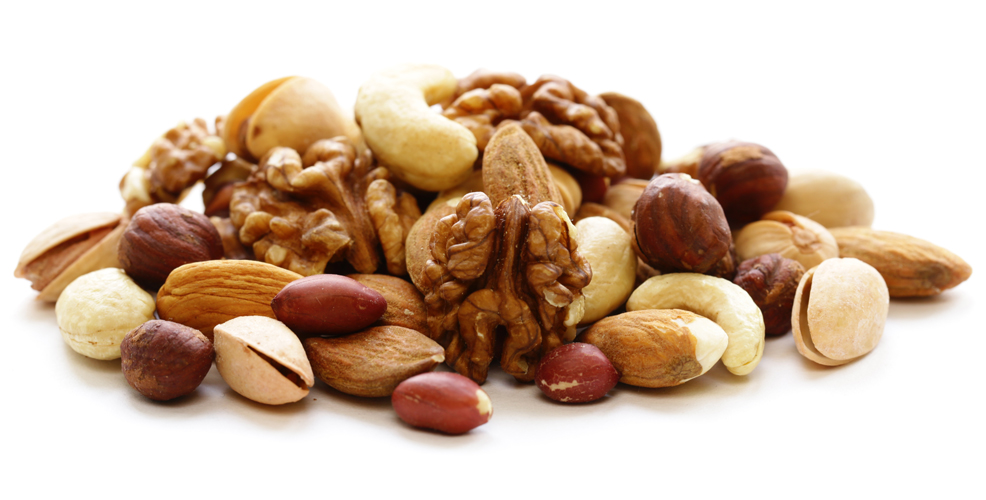
25th November 2024 Daily nut consumption boosts healthy lifespan New research has found that eating nuts daily can reduce the risk of disability or death and extend healthy years, especially for older adults with suboptimal diets.
As populations worldwide continue to age, finding ways to promote health and independence in later life is becoming increasingly important. A new study published in Age and Ageing offers compelling evidence that a simple dietary habit – daily nut consumption – may significantly help in achieving this goal. Conducted as part of the ASPREE Longitudinal Study of Older Persons, this research followed 9,916 community-dwelling adults aged 70 years and above over a four-year period. Participants were surveyed about their nut consumption habits, which ranged from infrequent (once a month or less) to daily. The study found that daily nut eaters had a 23% lower risk of reaching a "composite endpoint" – a combined measure that included death, dementia, or persistent physical disability – compared to those who consumed nuts infrequently. "Our study was able to account for poor oral health and other foods that people usually ate, and after adjusting for these and other factors, eating nuts remained positively associated with a healthy lifespan in later life," said first author Holly Wild, a PhD candidate and lecturer from Monash University, Australia. "Nuts can be a good choice for a snack or as part of a meal, even if your diet might not be optimal in other ways," she added. "If you are wanting to incorporate more nuts into your diet, they are available in multiple different forms in supermarkets these days – including whole nuts, chopped or crushed nuts, nuts meals, and nut butters or pastes. The latter options may be much more accessible to those with oral health issues, and chopped nuts can be added to salads, cereals, and smoothies. However, we do recommend keeping salted nuts, and candied and chocolate covered nuts to a minimum." One limitation of the study is the absence of data on the specific types and quantities of nuts consumed. Additionally, the study participants consisted primarily of older Australians with limited ethnic diversity, potentially reducing the generalisability of the results. Nevertheless, the findings build on an already extensive body of research highlighting the numerous health benefits of nuts. They are packed with essential nutrients, including protein, unsaturated fats, fibre, and a variety of vitamins and minerals such as folate, magnesium, and vitamin E. Their nutritional profile supports several biological processes that combat age-related decline. For instance, the unsaturated fats in nuts have been shown to improve heart health by reducing inflammation and oxidative stress, while dietary fibre can help regulate cholesterol levels and gut health. Additionally, nuts are a rich source of antioxidants and L-arginine, an amino acid that contributes to vascular health and may lower the risk of cognitive decline. The Australian Government's Dietary Guidelines suggest that adults should be consuming 30 grams of nuts – equivalent to one-third of a cup, or a small handful – or about two tablespoons of nut butter on most days of the week. "What 30 grams of nuts looks like depends on the type of nut, but typically a 'handful' is equivalent to around 25 almonds, 10 walnuts or 40 peanuts," explained Ms. Wild. As we continue to uncover the secrets to healthy aging, research like this underscores the potential of small, manageable lifestyle changes to make a big difference. For anyone seeking to enhance their longevity and quality of life, a handful of nuts a day could be a simple but effective strategy.
Comments »
If you enjoyed this article, please consider sharing it:
|
||||||







